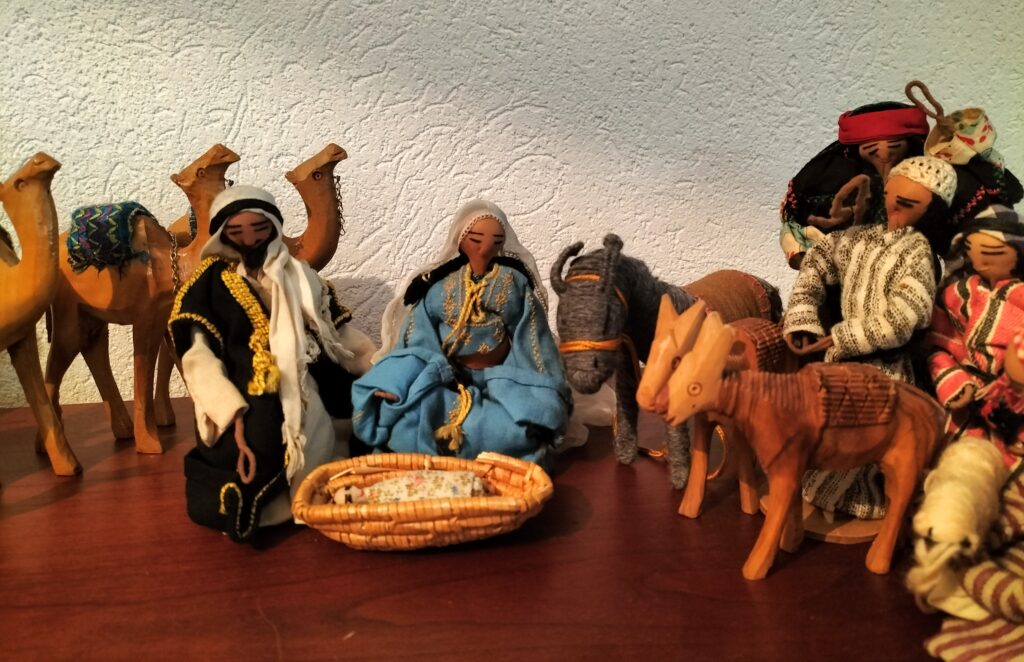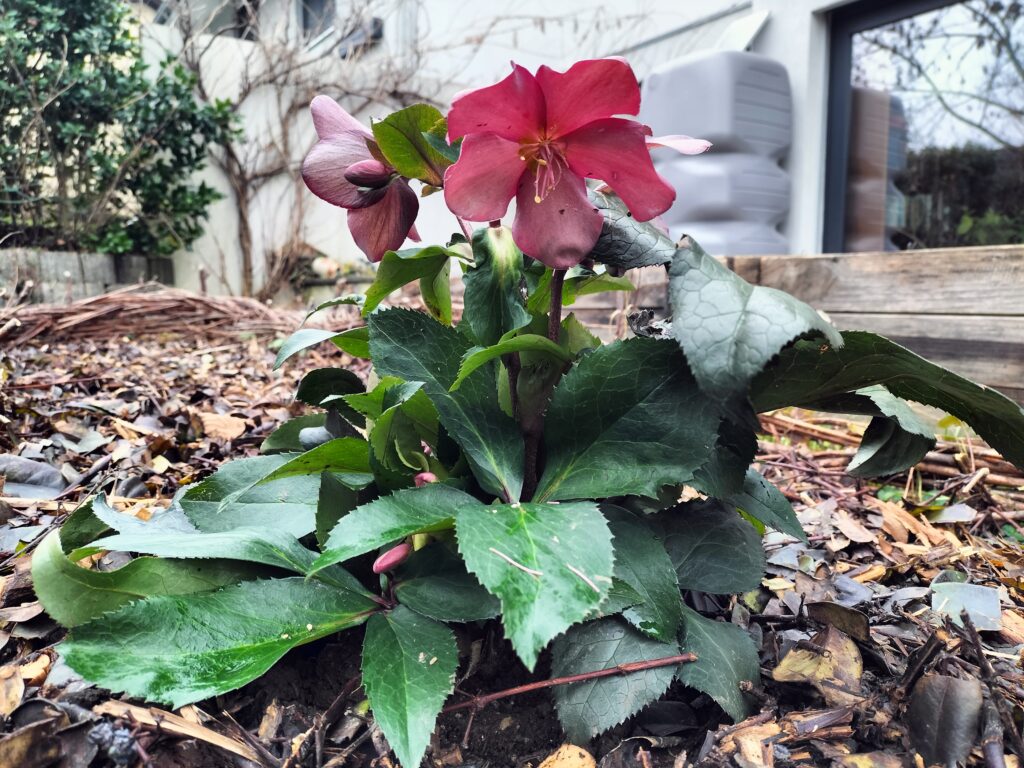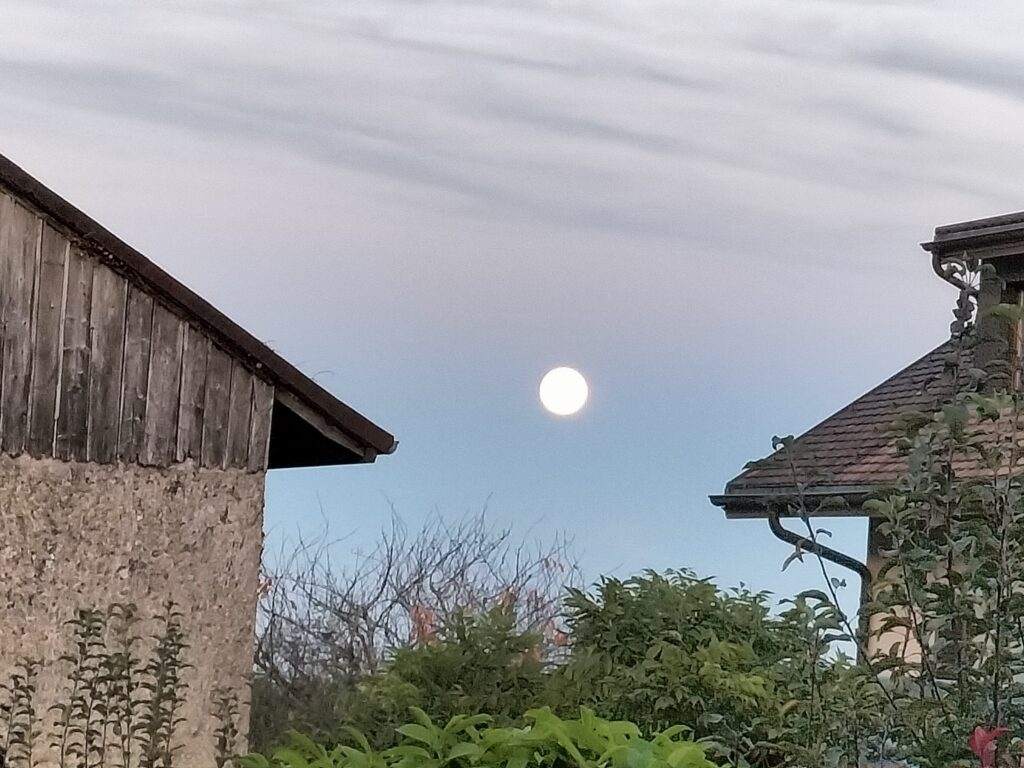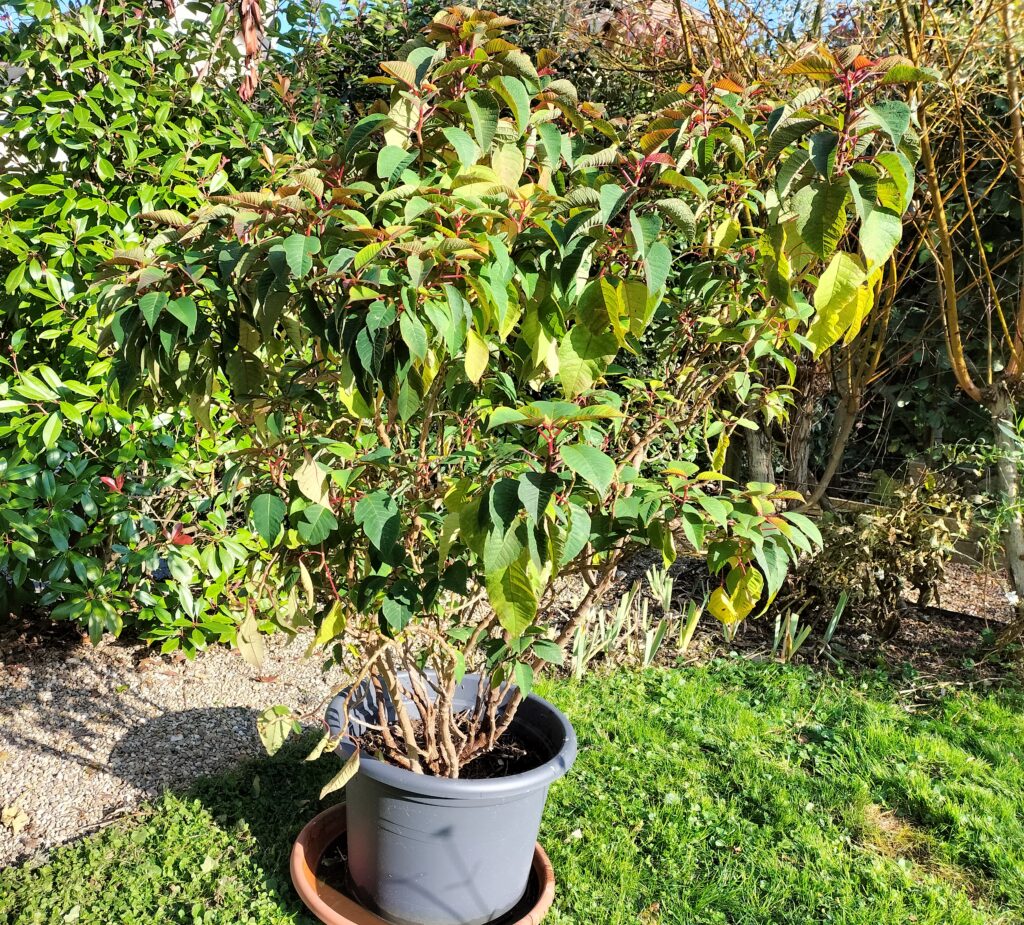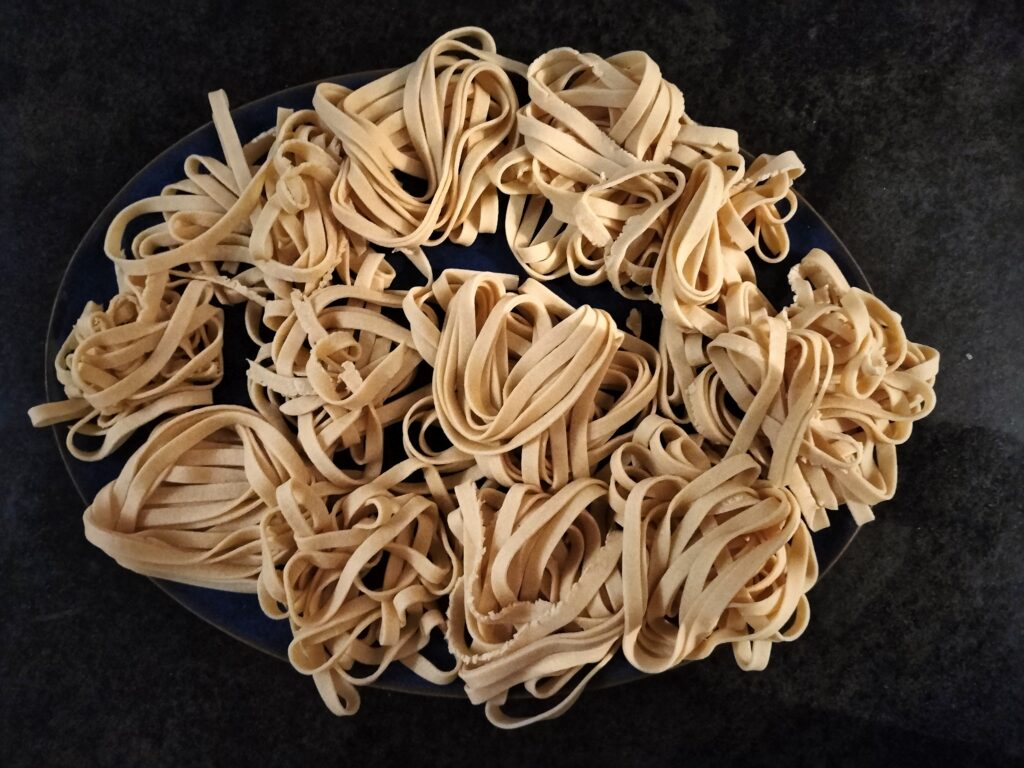
This handsome gentleman is a new regular in my garden. He has been enjoying spilled grain from the birdfeeder and my tasty spinach plants.
This is a reflection for Epiphany, on the passages Matthew 2:1-12 and Ephesians 3:1-12.
The story of the magi is a familiar part of the Christmas narrative. However, unlike those other Christmas visitors, the shepherds, the magi get an extra Sunday all to themselves. This is because the Christ-child was revealed to the magi even though they were not part of the people of Israel. This story declares the revelation of Christ to the Gentiles, which includes us and the vast majority of the church today. We don’t know much about these mysterious characters from the East, but we do know that they started out on their journey with a clear goal in mind: to find the newborn king of the Jews and to pay him homage. Fortunately, they had a star to guide them, which they followed westwards to Israel. I’m not going to go into the practicality of using a star for navigation, so I ask you to accept this symbol at face value.
Given everything the magi knew about royalty and kingship, they took the next most obvious and sensible step – after arriving in Israel, they went to make their enquiries in the capital Jerusalem. Herod, the ruler of the time, caught wind of this and summoned them to his palace. After discussions with them and with his advisors, Herod decided to use the magi to gain intelligence about this potential threat to the throne, so he sent them to the place the prophets had foretold the Messiah would be born. Herod redirected the magi from the seat of power, the capital Jerusalem, to rural village called Bethlehem. Tragically, the magi’s initial search in the capital wasn’t without consequence, because alerting Herod to a potential threat to his throne set in motion the terrible sequence of events that culminating in the massacre of the innocents.
After leaving Herod’s palace, the magi caught sight of the star once more and followed it until they reached their destination. We can be pretty confident that they would have been surprised by what they found. We know from the gospel of Luke that Jesus was laid in a manger, which implies that he was found in a place where people and animals were living in close proximity – this would have been normal for ordinary people, but not for royalty. While the magi’s goal was unchanged, the direction of the journey itself was radically altered: instead of finding the new king in a royal palace they found him in an ordinary home. Instead of finding a king who would wield power over others, they found one who was humble, poor and lowly. Despite this unexpected turn of events, the magi recognised that they had reached their goal and were overwhelmed with joy.
Our other reading for Epiphany comes from a letter written by Paul to the church in Ephesus. Paul is famous for having his own dramatic journey, although his journey was spiritual rather than geographical. We understand from Paul’s letter to the Galatians that his goal in life had been to express his devotion to God by upholding the traditions of his fathers in the faith. This meant living a life of holiness, obeying the law, and eliminating heresy; implicit in this was that Gentiles were excluded from the worship of God. Paul pursued his goal by enthusiastically persecuting the early church, which he understood to be teaching a dangerous heresy. On the road to Damascus, where Paul had been traveling to eliminate the church that met there, he was famously struck blind, and, in a vision of Christ, realised his spiritual blindness and had his whole life redirected towards a new understanding of what devotion to God should look like.
Like the magi, Paul had a clear and noble goal for his life. The behaviour of both the magi and Paul was shaped by their understanding of their goals: the magi ended up in Herod’s palace, resulting in the massacre of the innocents and Paul (or Saul as he was known then) brutally attacked the Christian community. The magi were redirected from the capital to find the King of the Jews in a humble dwelling; on the Damascus road, Paul was redirected from persecuting the church to championing it. Central to Paul’s reorientation was the mystery hidden for ages in God that he describes in his letter to the Ephesians – this mystery was the equal inclusion of the gentiles in the family of God. This was no trivial matter, this mystery was so outrageous that it had to be shown to Paul by ‘revelation’, it’s not something he would ever have dreamt up as it went against everything he so fervently believed.
So, what does all this have to do with us? Our lives are, on the whole, far more mundane and undramatic than those of Paul and the Magi. And yet, perhaps we also can trace this same pattern of setting out with a goal in mind, only to get to a crisis point where our path is redirected and our goal reframed, and after which our lives are never the same again. I imagine that most of us set out to live a ‘good’ and fulfilling life. I wonder how you frame the purpose of your life at the moment?
When we lived in Sweden, people talked about the aim of life being to attain the three v’s: Volvo, villa, vovve – a nice car, a decent house and a dog. Domestic bliss. For others it might be travelling the globe, learning everything they possibly can about a particular subject, or contributing to the betterment of the world in one way or another. If we absorb the messages of consumer culture, we might seek a better phone, a nicer house, smoother skin or any number of things that promise to bring happiness and fulfilment. Ultimately our souls long for God, as expressed in a desire for wholeness, peace, and love. We may be consciously aware of this or not, or we might give it a different name entirely, but union with God is our deepest need. As human beings, we have a multitude of ways to interpret this goal, and in our brokenness some are less constructive than others.
Through the trials and tragedies of life, and the mere fact of spending more years on this earth, the journey of our life takes many twists and turns. At these points of reorientation, our ideas are refined and our assumptions challenged, the things we once held dear are reassessed and redefined. Although these can be difficult experiences, they are also opportunities to align ourselves more closely with God’s calling on our lives. The Magi followed their calling when they set out to follow the star, and were overwhelmed with joy when they found the newborn king. We too can feel a sense of joy when follow our vocation, that place where our giftings and desires meet the needs of the world. However, just as the Magi got derailed along the way and needed redirecting, we too can get derailed at times – we need to keep listening and discerning the way forward.
My own journey has not been linear. A few years ago, I followed the discernment process for ordination, convinced that this was how I could best fulfil my purpose of serving God’s people with the gifts God had given me. It took reaching the final selection stage only to be told I wasn’t ready, and then an abandoned second attempt, for me to realise that this wasn’t the path God was leading me on. Although it was painful and confusing at the time, I now feel much freer to serve God’s people in ways that are better aligned with the gifts God has given me. I sometimes wonder how I got it so ‘wrong’, but I also realise that this was a process I needed to go through. The Magi probably needed Herod to point them in the direction of Bethlehem. Paul certainly needed a crisis of loss of sight to realise that he had been spiritually blind. These twists and turns of our lives, which are difficult at the time, are an important part of our story.
How you understand the twists and turns of your life? In retrospect, can you see where God was at work? The magi had a star to lead them to the Christ-child, what helps you to keep open and listening to the voice of God?

